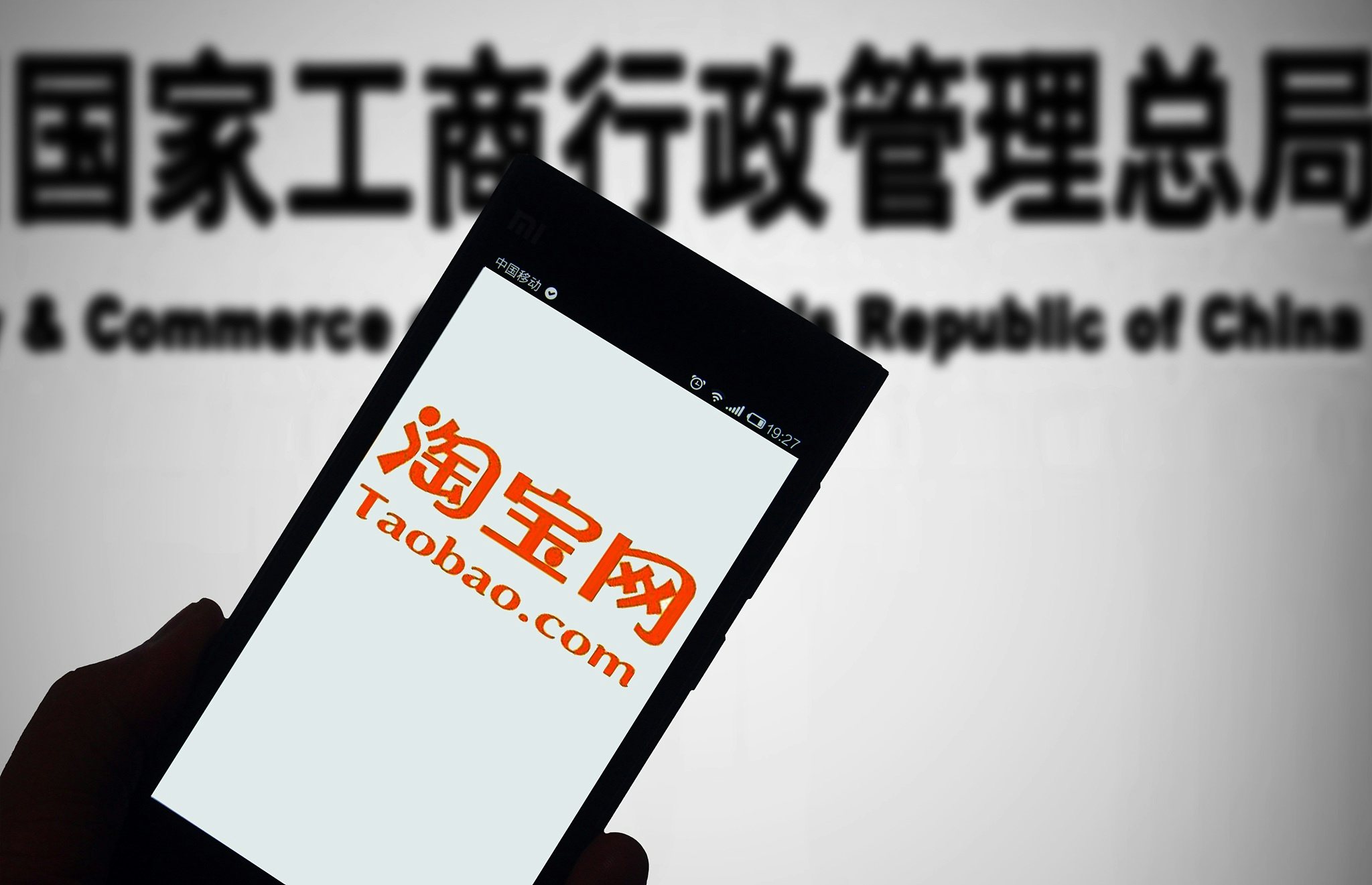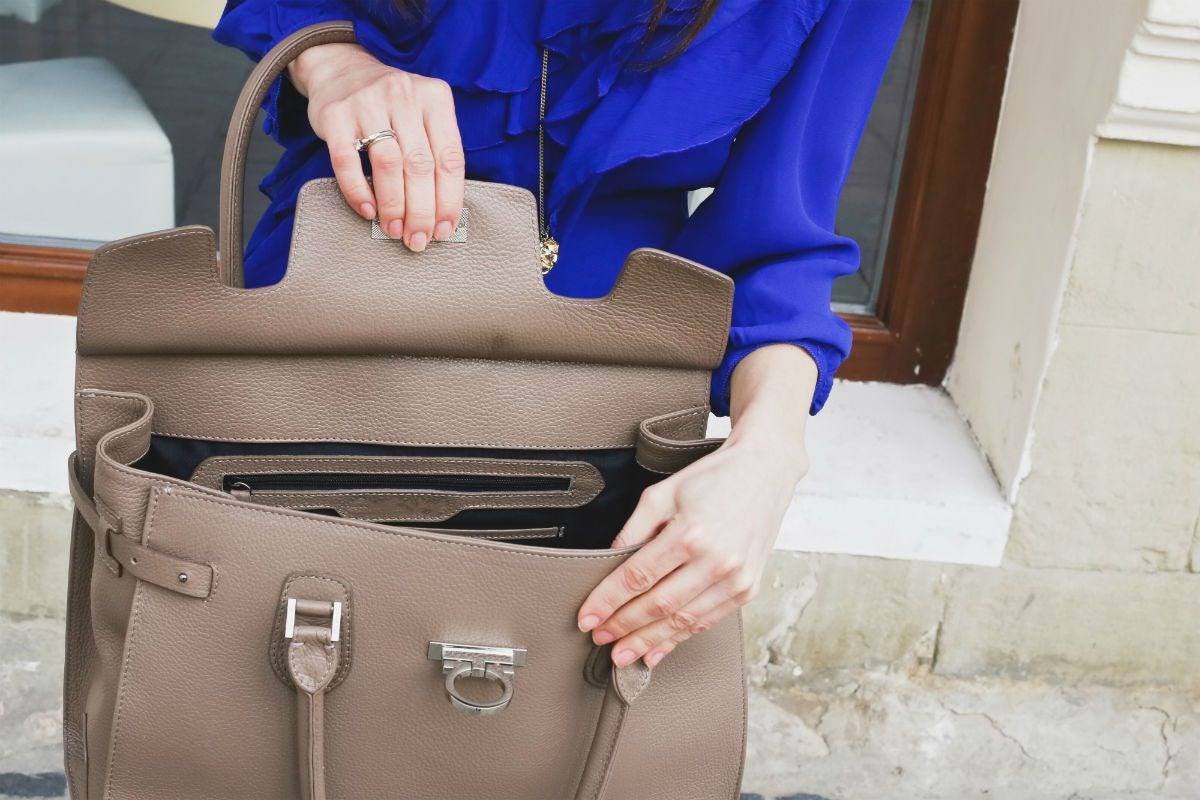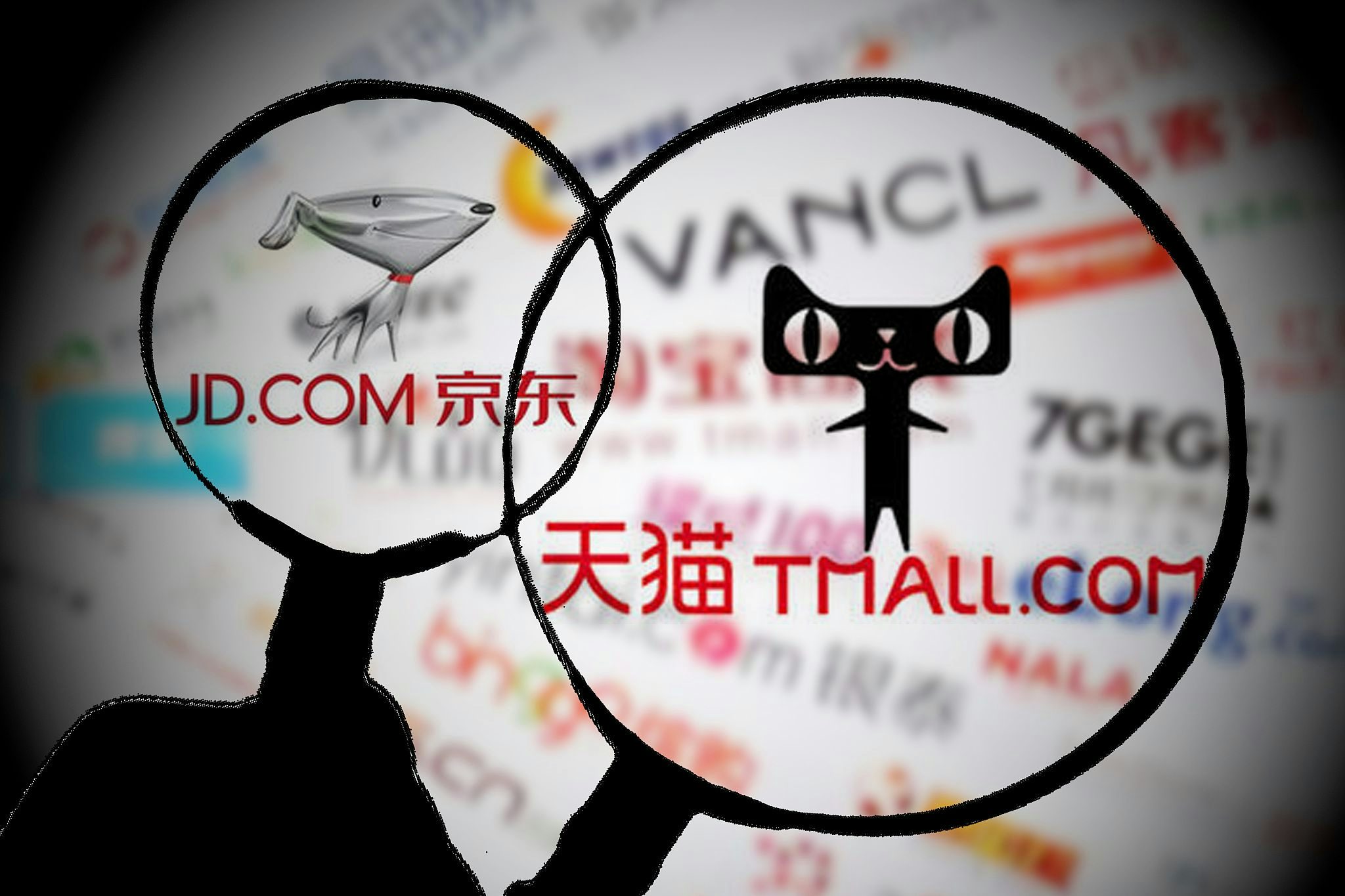Additional reporting by Yiling Pan.
It seems Chinese e-commerce giant Alibaba Group is escalating its war on fake goods.
Officially unveiling the “IP Express” project on August 10 at a communications conference with brands, the company promised that all intellectual property rights holders will get the “highway” experience when it comes to filing IP complaints.
Brands will be able to register on its new intellectual property protection (IPP) platform, and then file IP infringement claims to Alibaba for any fake products found on the company’s sites, including Tmall and Taobao.
The IPP platform was upgraded from an online reporting system launched by the company a year ago. With significant enhancements supported by big data and advanced algorithms, the platform will respond at a much faster speed while providing a better user experience, according to the company.
During IPP’s soft launch in June, the company said that about 96 percent of the complaints were handled within 24 hours. Of those, 83 percent were subsequently taken down. In the past, it usually took three to four days. The wait time for instant online communications was shortened from eight minutes to less than two.
The platform came at a crucial time for Alibaba. For years, the company has been under fire for tolerating intellectual property-infringing products on its sites. Discomfited by Alibaba's troubled image, luxury brands used to be very reluctant to sell on its Tmall platform.
But the onus still remains on the infringed party to do the work in monitoring the website and proving that they have the right to the product trademark, according to Steve Dickinson, an attorney with Harris Bricken who assists foreign companies doing business with and in China. "Alibaba will not monitor on their behalf," he told Jing Daily. "The infringed party has to prove that they have the right to the product trademark or design. That means they have to register a trademark and copyright in China. A bare assertion is not sufficient.... Without all this in place, the Alibaba program is meaningless."
"In my experience," he continued, "the foreign parties who are infringed want someone to take care of them. They do not want to do all the work outlined above."
Some brands have been known to do the work. In May 2015, French luxury conglomerate Kering filed a lawsuit against Alibaba alleging that Alibaba was “complicit in the sale of fake handbags, watches and other items on its marketplace sites in a manner that constitutes ‘racketeering.’” That year, the American Apparel & Footwear Association said it was “frustrated” by Alibaba’s lack of progress in dealing with fake goods, which hurts its members’ profits. And last year, the company got suspended from the International Anti-Counterfeiting Coalition, a retail industry watchdog.
Notably, these labels have already had flagship stores on Tmall.
However, this is changing, as Alibaba appeared to be working hard on attacking counterfeits. The company has been developing the IP reporting system for brand rights holders for over two years. In January, it formed the Alibaba Anti-Counterfeiting Alliance with 30 international and Chinese brands, including Louis Vuitton and Shiseido. It also worked with local governments on campaigns to eliminate counterfeits.
A week before the launch of IPP, Kering dropped the lawsuit and announced cooperation with Alibaba on IP protection. In the past year, Alibaba’s Tmall welcomed many luxury brands: Burberry, Calvin Klein, La Mer, Tag Heuer, etc. Tmall even launched an invite-only site Luxury Pavilion specifically for high-end brands this month.
With the IP Express project, Alibaba said it’s working towards a collegial solution, which brings together the company, the brands rights holders and law enforcement to deal with counterfeits. We'll have to wait and see if brands step to the plate and do the work.



